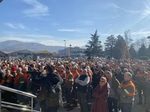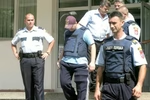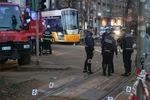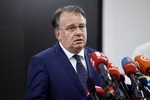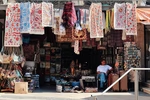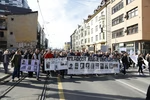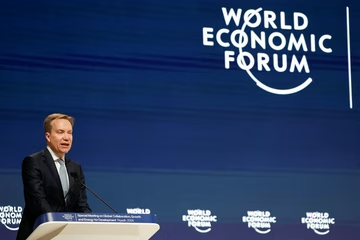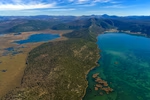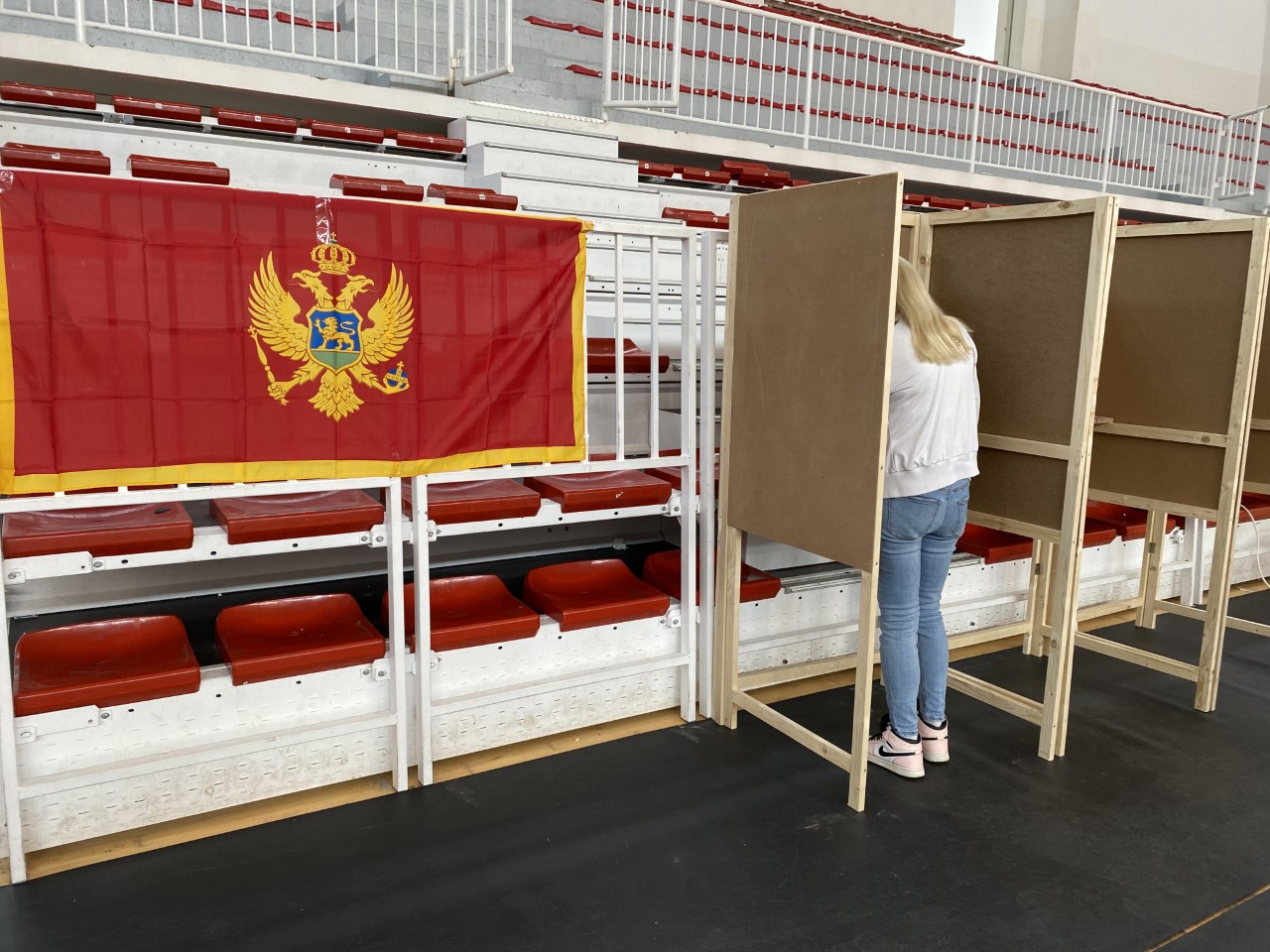
A 15-day population census began in Montenegro on Sunday, the country's Monstat statistical agency said.
Oglas
This is the second population census since Montenegro renewed its independence. It was announced for 1 November, but the new Milojko Spajić cabinet postponed it until 30 November, and eventually until today, following threats from the opposition that it would boycott it because the census commissions did not include its members.
Last week, the government and representatives of the opposition and the Council of smaller peoples in Montenegro signed an agreement on the census which envisages expanded census commissions, oversight of collected data, designing a verification software, and banning parties from conducting census-related campaigns.
Questions about ethnicity and language made the census a political issue, although Eurostat recommended leaving them out.
The basic question politicians use is who constitutes Montenegro's majority population and which language is spoken by the largest number of inhabitants.
According to the 2011 census, conducted five years before Montenegro's independence was renewed, 45% of the population identified as Montenegrin and 29% as Serb. As for language, 43% said they spoke Serbian and 37% said they spoke Montenegrin.
Because of that, the census campaign during last October looked like an election campaign, with pro-Serb political parties and the Serb Orthodox Church pressuring citizens to identify as Serb.
According to the 2011 census, there was 18% of Islamic believers who identified as Bosniak, Muslim, Albanian or Montenegrin, 5.5% of the population said they spoke Bosnian and 5.5% said they spoke Albanian. That census also showed that 0.97% of the population was Croatian and that 0.45% of the population spoke Croatian.
This year's census could show a considerably larger population, mainly due to large numbers of Russians, Ukrainians and Turks who have moved to Montenegro.
According to the 2011 census, Montenegro had a population of 620,000. It is estimated that over 100,000 foreigners have moved to the country in the last few years, making up almost 15% of the population.
The number of Russians and Ukrainians increased after Russia's aggression on Ukraine. Turks started moving in in 2016 after a failed coup in Turkey. According to unofficial data, about 17,000 Turks are registered in Montenegro.
The census results will be known six months after its completion at the earliest.
Kakvo je tvoje mišljenje o ovome?
Učestvuj u diskusiji ili pročitaj komentare
Oglas
Kakvo je tvoje mišljenje o ovome?
Učestvuj u diskusiji ili pročitaj komentare
Oglas





 Srbija
Srbija
 Hrvatska
Hrvatska
 Slovenija
Slovenija










